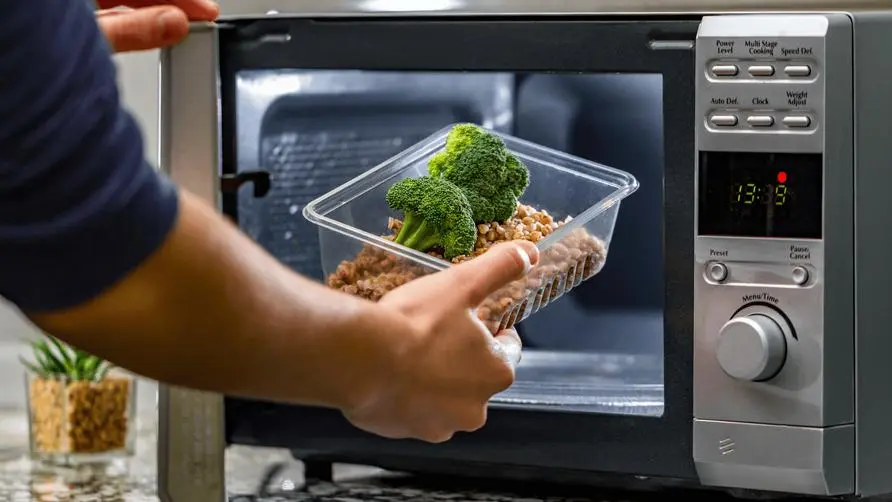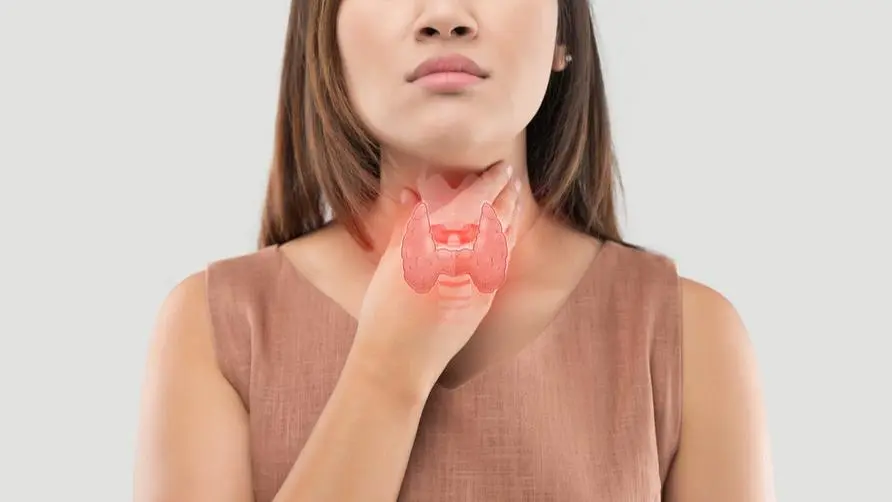Hamburgers contain "plasticizer"? Are microwaving food and gloves dangerous? Doctor reminds "three types of food" not to be packed in plastic

Are there plasticizer residues in food? Expert: There is a greater chance of infiltration from outer packaging
Plastic products are almost everywhere in daily life. According to statistics, approximately 18 billion plastic bags are used in Taiwan a year, with an average of nearly 782 per person used a year. In addition to affecting the ecology and environment, is it possible that the plasticizers added to plastic products may also be exposed through the manufacturing process? Cause food safety concerns? George Washington University published a study that concluded that hamburger meat and other products in fast food restaurants may contain plasticizer substances that can interfere with the body.
Dr. Hong Dongrong, director of the Toxicology Department of China Medical University Hospital, said in an exclusive interview with “healthorn” that 80% of the plasticizers found in food in related studies came from “plastic gloves.” Catering industry workers will wear gloves to handle food such as burgers, French fries, fried chicken, etc., which increases the possibility of plasticizers on the surface of the gloves penetrating into the food.
In addition, if food is packed in plastic, acrylic or disposable cartons containing plastic coating, the possibility of plasticizer seeping out is also greater. Dr. Hong Dongrong reminds that high temperatures and strong acid and alkali substances can easily cause plasticizers to dissolve. Therefore, plastic materials should avoid being used to hold overheated, overly acidic, and highly irritating foods.
Dr. Hong Dongrong explained that the probability of food itself containing plasticizers is small. Usually, plasticizers will remain in the food when it comes into contact with plastic products or plastic substances during the meal. human body. Some plastic materials are at risk of eluting plasticizers when heated above 60°C. When taking out meals, people should avoid placing food or soups that are too hot in plastic containers.
Plastic products may cause premature puberty in children and should be avoided by teenagers and pregnant women.
Dr. Hong Dongrong said that exposure to large amounts of plasticizers in children and adolescents may indeed affect sex hormones and cause endocrine disorders. For women, it will cause menstruation to come early, leading to precocious puberty and excessive development of secondary sexual characteristics; for men, it may cause underdevelopment of reproductive organs and suffer from gynecomastia. Pregnant women need to avoid various plastic materials to avoid affecting the normal growth of the fetus.
However, Dr. Hong Dongrong also explained that the Taiwan Ministry of Health and Welfare, Food and Drug Administration currently has strict regulations on plastic containers. Under normal use, the plasticizer content in food will not cause harm to the human body. . Plastic products have not been proven to be carcinogens. As long as the liver and kidney functions are intact and there is not a large amount of exposure, and you drink more water, the body can metabolize plasticizers normally and excrete them from the body.
Microwave heating of food can easily produce plasticizers, so those who eat outside can feel more at ease by bringing their own containers.
Dr. Hong Dongrong suggested that catering operators use plastic products with less plasticizer content to protect the health of consumers. If people want to preserve food for a long time, using products such as glass, stainless steel or ceramics will be a relatively safe choice.
Dr. Hong Dongrong reminds the public that the microwave food sold on the market contains a layer of plastic film on the packaging, which is easy to deteriorate after being heated in a microwave oven. If there is a need to heat food, it will be healthier to prepare lunch boxes and fill them yourself. You can also choose to cook at home and prepare lunch boxes yourself, which is an effective way to reduce exposure to plasticizers.





